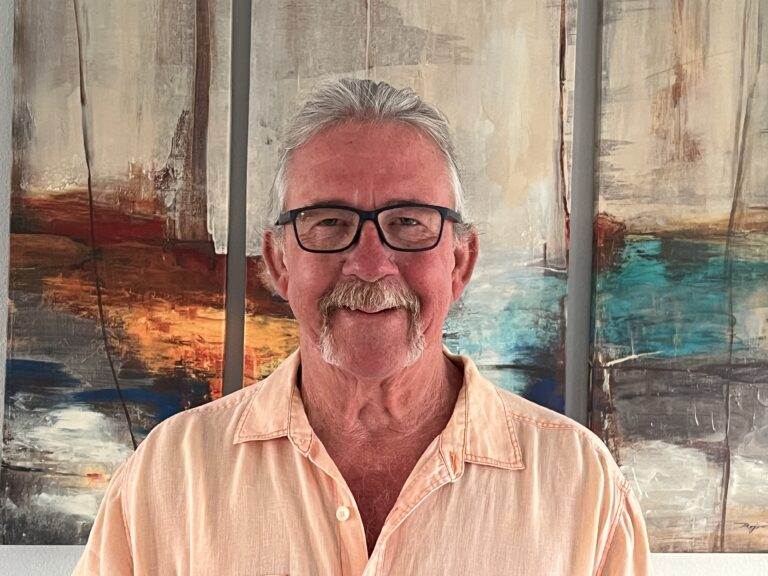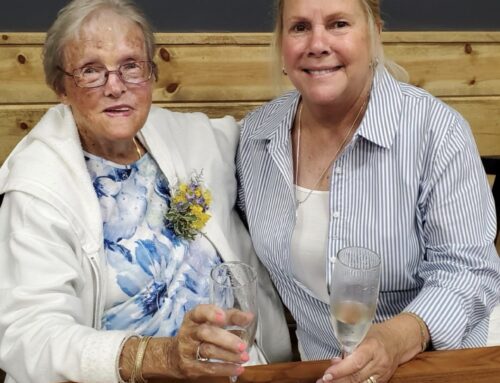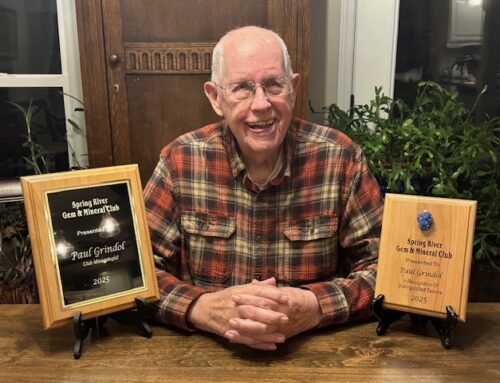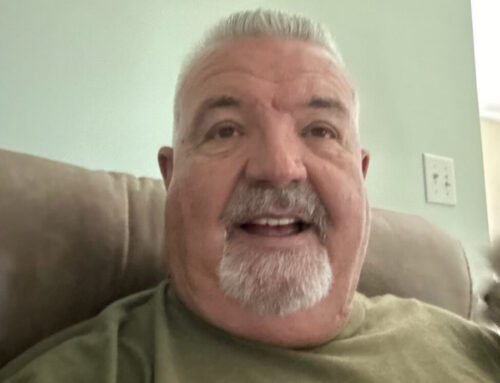Our immune system is amazing. When our body is under attack from viruses or bacteria or injuries or even toxic chemicals, it sends out cells to defend and fight the attack and begin the healing process. Often the symptoms of the inflammatory response are obvious such as swelling and pain and sometimes the symptoms are not so evident.
Acute inflammation, typically short term, is a powerful healing process for the body. Chronic inflammation is a process where the body continues to release inflammatory cells although there is no outside threat and as a result can cause severe injury to the body.
There is a strong association between chronic inflammation and many health issues such as certain cancers, type 2 diabetes, irritable bowel syndrome, mood disorders such as depression and anxiety, insomnia, cardiovascular diseases, and Alzheimer’s disease. In fact, there is evidence that chronic inflammation may trigger the disease process.
There are several possible causes for chronic inflammation and it is important to be guided by your primary care physician to help determine potential sources and interventions. Also, there are some things we can do to reduce chronic inflammation. Lifestyle factors can have an impact upon our body’s inflammatory response. Our lifestyle can either help increase or help decrease our body’s inflammatory response.
Drinking alcohol in excess, smoking, sedentary lifestyle, poor nutrition, chronic stress, and obesity are a few lifestyle factors that can trigger the disease process. The good news is that positive lifestyle factors can slow, stop, or even reverse the disease process for some illnesses. The National Institute of Health found evidence that eating foods that have anti-inflammatory properties, physical activity, maintaining a heathy weight, practicing good sleep hygiene, and managing stress are a few ways to reduce inflammation in the body.
I believe the first and most important step we can take in improving and optimizing our health is believing that we have the ability and power to do it. In the next article I will offer specific suggestions on ways we can optimize our health






